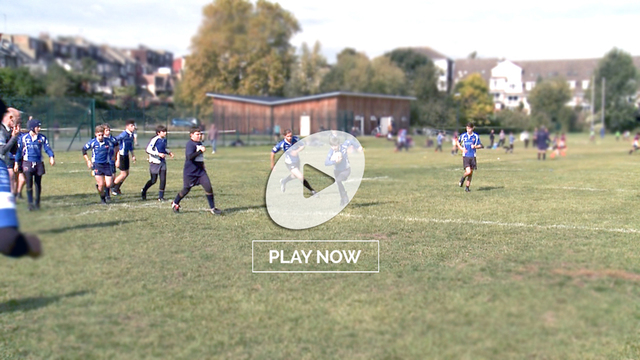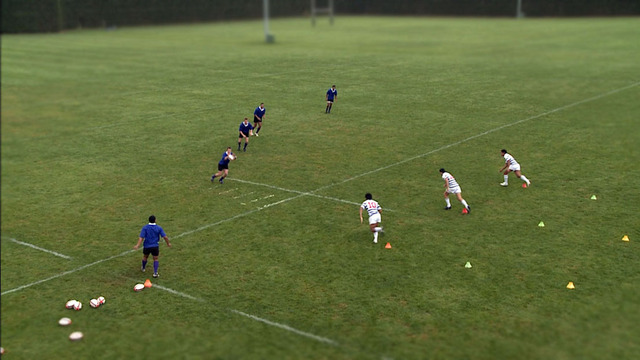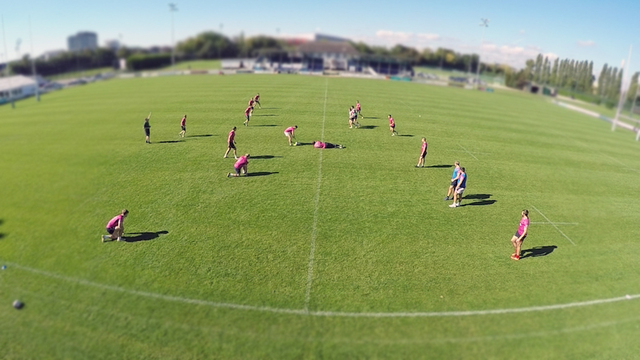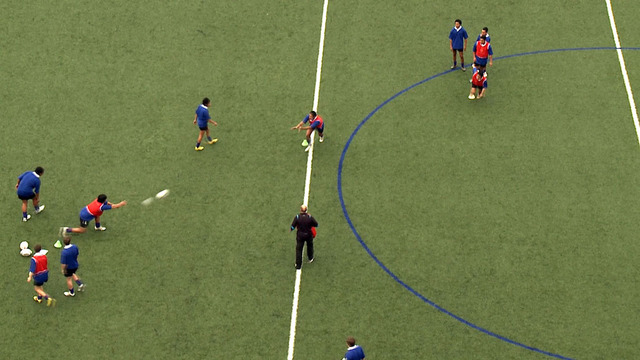Space: the final frontier
The influence of rush defence in the modern game means the ability to identify space and
react in time to exploit it is an essential part of the attacking game. With fifteen players in
the opposition on a 100 × 70 metre field there must be space somewhere. According to a
reliable source allowing 31 sqm for players and a ref leaves 6969 sqm of space and that is
not including the in goal. When eight of these players are bunched in a lineout or scrum
this opens up even more space. From set-piece situations the distance between the
attack and the defence is greater. Why do we seldom take advantage of this? Is it fear?
Are we afraid our skills are not good enough to get to space or do we just not see it?
In phase play we need time to see the space as the positioning of the defence may vary
and the availability of attacking players can change. In set-piece we have both time and
space plus the knowledge of the defence and attack positioning.
• Know what you are looking for
• Position early
• Identifying space is a team (not individual) responsibility
Space can be open ground, a weak shoulder on a defender or even space above the
defence.
Being in a position to see space is essential to good decision making. The more you see
the better your chance of a good decision. An individual under pressure will often fail to
see all options. Teammates need to feed them good information. A player positioned early
has the time to process options and take action.
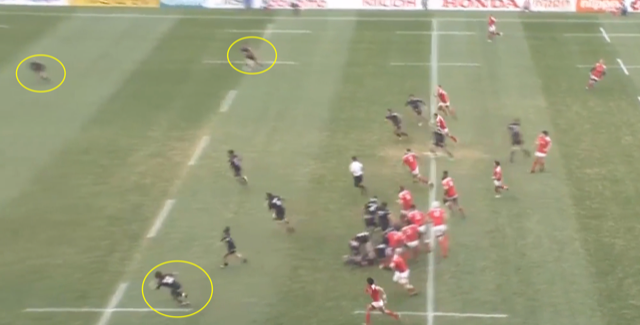
• Manipulate defence through footwork or running lines
• Understand that space may be for others
• Position to stretch defence
There will be times when it appears there is no space and a team may need to create
some. This can be done through foot work (to square up a defender), support players
running sharp lines that force the defence to react (sit or chase) or introducing set ups
that group or stretch the defence.
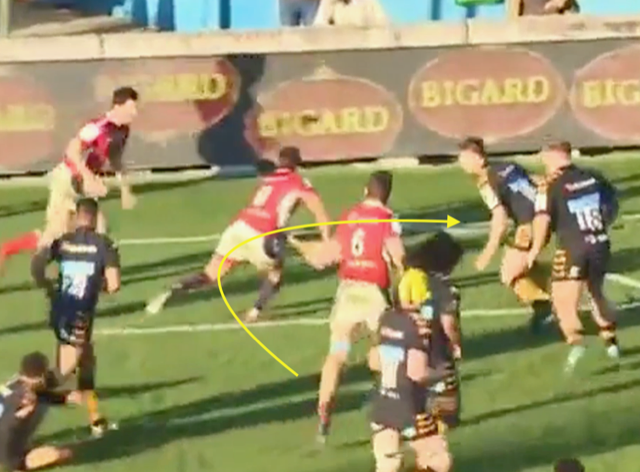
• Run straight or angle to hold defence
• Speed is a weapon
Defending sides will often give the outside space in what is commonly called ‘fools gold’.
The aim here is to push the attack to the edge where the sideline becomes part of the
defence strategy. Keeping this space can be very difficult however it can be exploited by
highly skilled sides who have an understanding of who they are trying to hold in the
defence.
Running square and flat at pace can work providing the catch pass skills are high. So can
threatening runners angling back at the defence who want to push out – however these
lines need to be genuine threats and not just token decoys. Many players will choose to
throw long miss-passes to get to the player into space. While this may work at times it is
the time that the ball is in the air that can kill this attack strategy. The recovery time for the
defence to shift and shut this down is the issue. However, a fast, flat miss-pass to a
player outside the edge defender can be very effective. It’s a risk or reward tactic as the
possibility of an intercept increases.
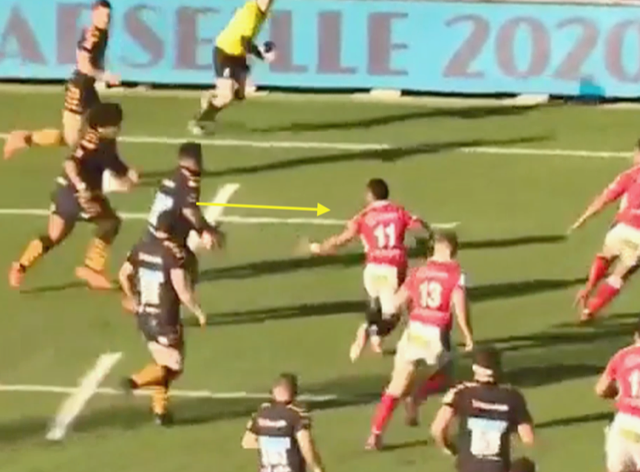
• Run onto ball at speed
• All players to run genuine lines
• Strong ball focus
A player hitting onto a pass at speed can cause issues for most defences. Players who do
this into space can really break up a team’s defence. In almost all cases this requires the
attacker to appear late, giving the defence no time to react. Prior to this the defenders
may need to be set up. Players in varied positions or attackers running genuine running
lines providing more than one option to the passer can help achieve this.
If the space is above the defence then the attacking player will need a strong commitment
to the ball and anticipation to allow them to win the race to that space.
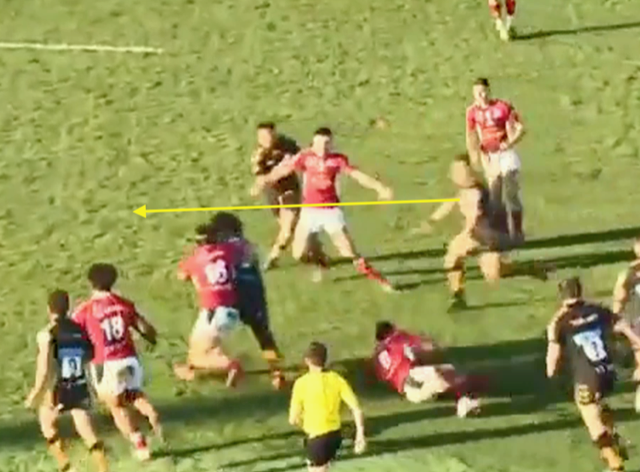
Look at this video and see if any of the options around space mentioned could bring about a
more favourable result for Wales.
Summary:
Will the days of creative first phase attack return? I certainly hope so. Japan showed this
is still possible on the big stage. Will the drive to play like this come from some of the less
traditional nations? They know they must do something different to beat the more
powerful sides and playing without fear is a great place to start.
Check out more posts from Dave




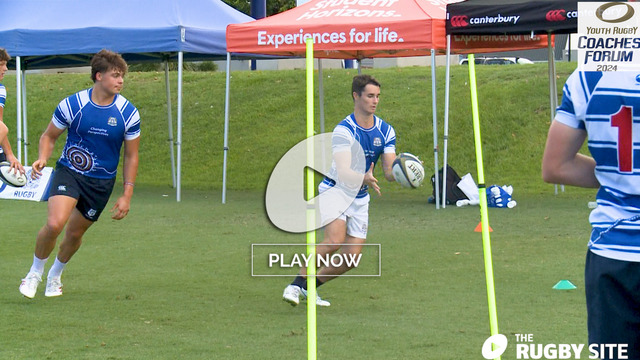
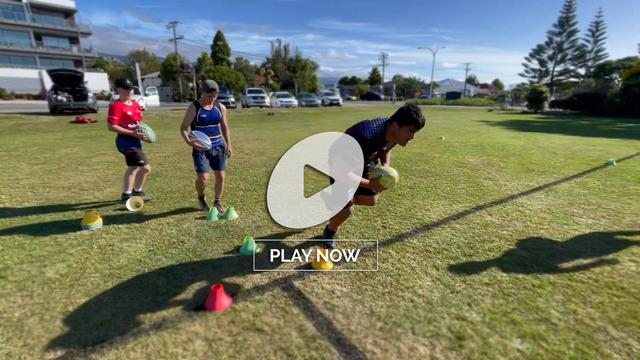

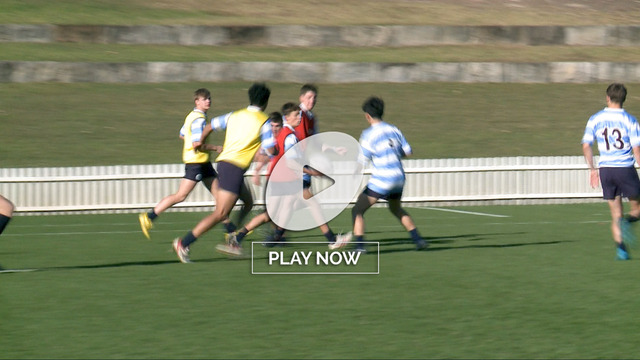

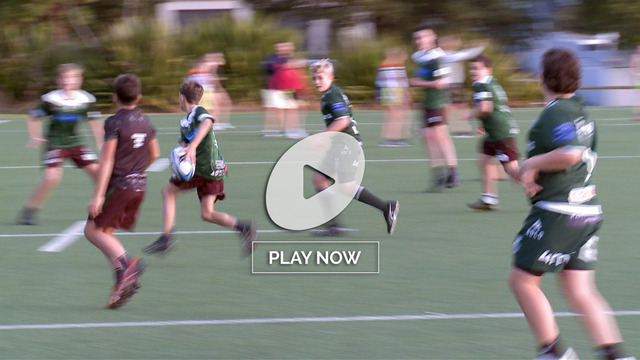
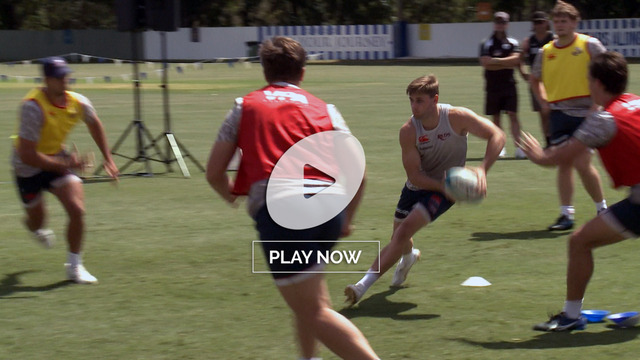
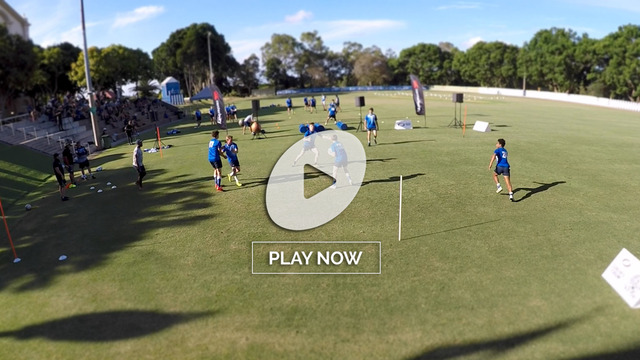
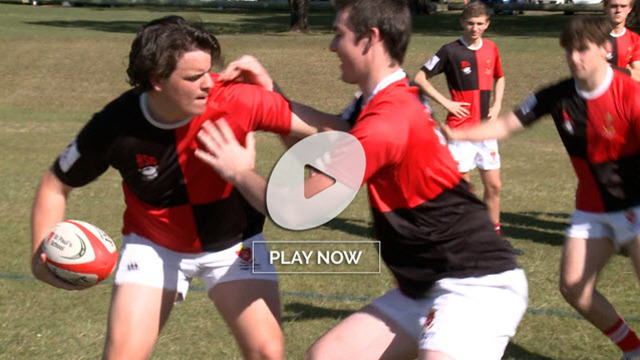
.jpg)
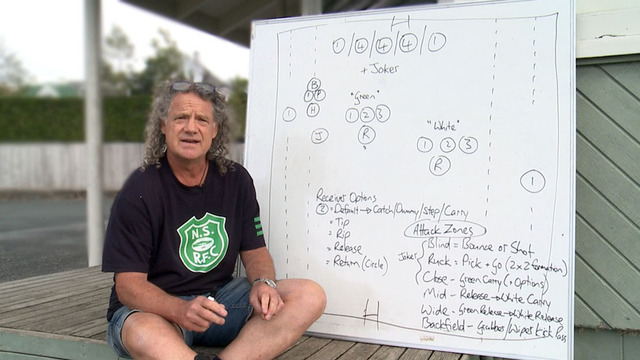
.jpg)

